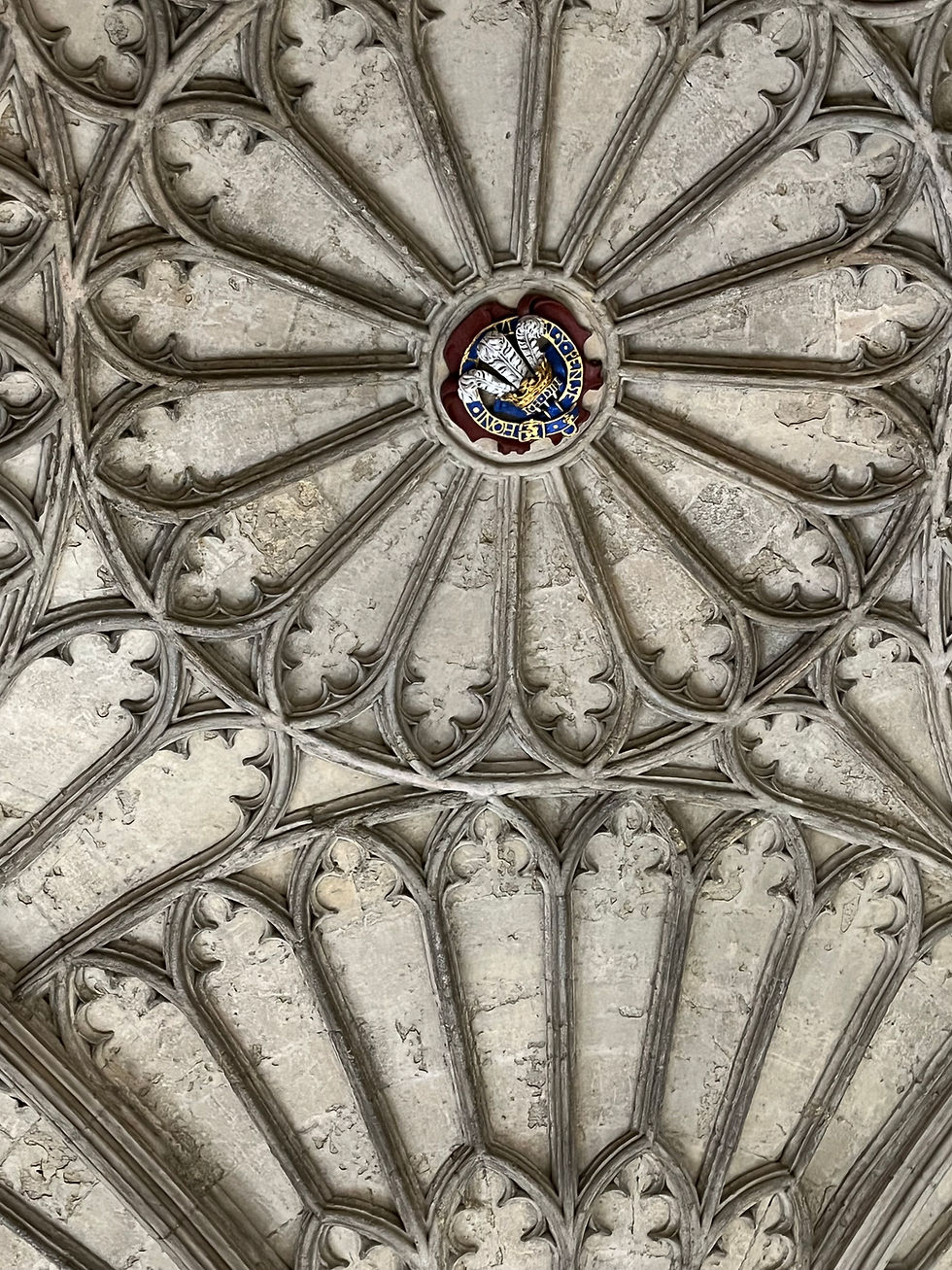Thy Will Be Done
- daveingrey3
- Mar 11, 2025
- 2 min read
“Thy kingdom come, thy will be done, on earth as it is in heaven.”
We just finished praying that God’s authority and sovereignty are perfect. In this next section, we ask that he bring his Kingdom to earth. That is, we are praying for the end of time, Armageddon. Did you know that? It is likely that Jesus’ audience at the time thought he meant the Messiah would come establish his kingdom in Jerusalem, the return of the line of David and Judah. But we know now that was not his plan. He will come again to establish his Kingdom and bring Judgment to all the earth.

If we are saying “Hallowed be thy name” means “Your authority is perfect” then that also means we trust in God, even when something painful happens. As the French philosopher Simone Weil wrote, everything that has ever happened is by God’s plan - I would add, or by His permission, allowing for Free Will. Therefore, everything that ever will happen is also by His plan or permission. We say “In God We Trust”. But do we really?
I believe Paul’s letter to the Philippians 4:4-13 gives us a very practical outline for learning to trust in God. Rejoice always. Give thanks, remembering the many blessings and miracles God has given. Give your worries up to him. Petition him with prayer, again and again, enlisting the help of everyone you can count on to pray along with you. And practice these things. If we remember those blessings and miracles, we start to see how God has used difficult times to draw us closer to him. And like Weil wrote, we start to see that whatever difficulty we are now facing, God has in his hands. Paul notes if we learn to trust in him even when we don’t understand why we are suffering, we will find God’s Peace, and that is better than understanding.
Bono, the lead singer of U2, once said that if you want all your prayers to be answered “yes”, pray to know God’s will and to be able to do it. This is essentially the prayer that Jesus prayed in the Garden of Gethsemane on the night he was betrayed. “Not my will but yours.”
That said, I do agree with CS Lewis, who said that we are too timid with our prayers. King David exemplified this when his infant son was near death, fasting and praying day and night for his son to be healed. There was no equivocation, no praying “not my will but yours”. Just, “please Lord, heal my son.” However, when the answer was “no” and God took his son home, David got up and returned to his life. It is a hard thing to balance, being bold in our prayers, yet accepting of God’s plan.




I really like reading these.